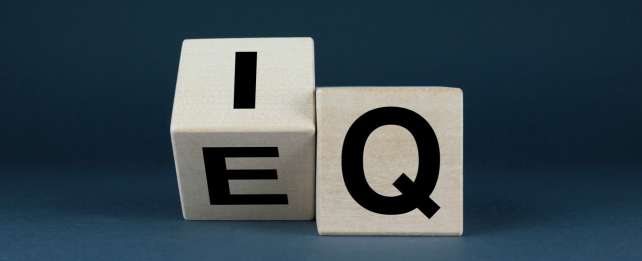Share This Article
Effective communication is a vital skill that plays a crucial role in both personal and professional success. It serves as the foundation for building strong relationships, fostering collaboration, and achieving desired outcomes. In this blog post, we will explore the importance of developing effective communication skills and provide practical strategies to enhance your communication abilities. By honing these skills, you can improve your relationships, enhance your influence, and unlock greater success in all areas of life.
1. Active Listening:
Active listening is a fundamental aspect of effective communication. It involves fully engaging with the speaker, focusing on their words, and seeking to understand their perspective. Practice active listening by maintaining eye contact, nodding to show understanding, and refraining from interrupting. Avoid distractions and genuinely listen to what the other person is saying, without pre-judging or formulating your response. By demonstrating active listening, you convey respect and create an environment conducive to open and meaningful communication.
2. Clear and Concise Expression:
Develop the ability to express your thoughts clearly and concisely. Structure your message in a logical manner, using simple and precise language. Avoid jargon or technical terms that may confuse your audience. Tailor your communication style to the needs of the recipient, ensuring your message is easily understood. Being clear and concise in your communication fosters understanding and minimizes the risk of misinterpretation or confusion.
3. Nonverbal Communication:
Nonverbal cues play a significant role in communication. Pay attention to your body language, facial expressions, and tone of voice, as they can convey messages that may contradict your words. Practice open and confident body language, maintain appropriate eye contact, and use gestures to support your message. Aligning your nonverbal cues with your verbal communication enhances the overall effectiveness of your message and builds rapport with others.
4. Empathy and Understanding:
Developing empathy is essential for effective communication. Put yourself in the shoes of the other person, seeking to understand their feelings, perspectives, and needs. Show genuine empathy by acknowledging their emotions and validating their experiences. Practice active empathy by reflecting back their thoughts and feelings to demonstrate understanding. By showing empathy, you create a safe and supportive environment that fosters meaningful and open dialogue.
5. Adaptability to Different Communication Styles:
Recognize that people have different communication styles, and adapting to those styles can improve your effectiveness. Some individuals prefer direct and assertive communication, while others may value a more diplomatic and collaborative approach. Pay attention to the cues and preferences of the people you are communicating with, and adjust your communication style accordingly. Adapting to different styles fosters better understanding and allows for more effective communication.
6. Effective Questioning and Feedback:
Asking thoughtful questions and providing constructive feedback are powerful communication tools. Use open-ended questions to encourage dialogue and gain deeper insights into the thoughts and perspectives of others. Provide feedback in a constructive manner, focusing on specific behaviors or situations and offering suggestions for improvement. Effective questioning and feedback promote learning, growth, and mutual understanding in both personal and professional relationships.
Editor’s Choice
7. Emotional Intelligence:
Emotional intelligence is the ability to recognize, understand, and manage your emotions and those of others. Develop your emotional intelligence by cultivating self-awareness, self-regulation, empathy, and social skills. By understanding and managing your own emotions, you can communicate more effectively and respond to others in a thoughtful and empathetic manner. Emotional intelligence helps navigate challenging conversations and build stronger relationships.
8. Practice Mindful Communication:
Mindful communication involves being fully present and engaged in the interaction. Practice mindfulness by focusing on the current moment, avoiding distractions, and being attentive to the conversation at hand. Mindful communication allows you to respond thoughtfully and authentically, fostering deeper connections and preventing miscommunications.
9. Seek Clarification and Ask for Feedback:
When communicating, don’t hesitate to seek clarification if something is unclear. Ask questions to ensure that you fully understand the message being conveyed. Similarly, encourage others to provide feedback on your communication style. By actively seeking clarification and feedback, you demonstrate a commitment to effective communication and continuous improvement.
10. Practice, Patience, and Persistence:
Developing effective communication skills takes practice, patience, and persistence. Be proactive in seeking opportunities to practice your communication skills in various settings. Be patient with yourself and others, understanding that effective communication is a skill that evolves over time. Stay persistent in your efforts to improve, consistently applying the strategies and techniques discussed in this blog post.
Effective communication is a cornerstone of personal and professional success. By actively developing and honing your communication skills, you can enhance your relationships, foster collaboration, and achieve your goals more effectively. Through active listening, clear expression, nonverbal communication, empathy, adaptability, effective questioning and feedback, emotional intelligence, mindful communication, seeking clarification, and persistent practice, you can become a skilled communicator. Embrace the journey of continuous improvement, and watch as your enhanced communication skills transform your relationships and contribute to your overall success.



